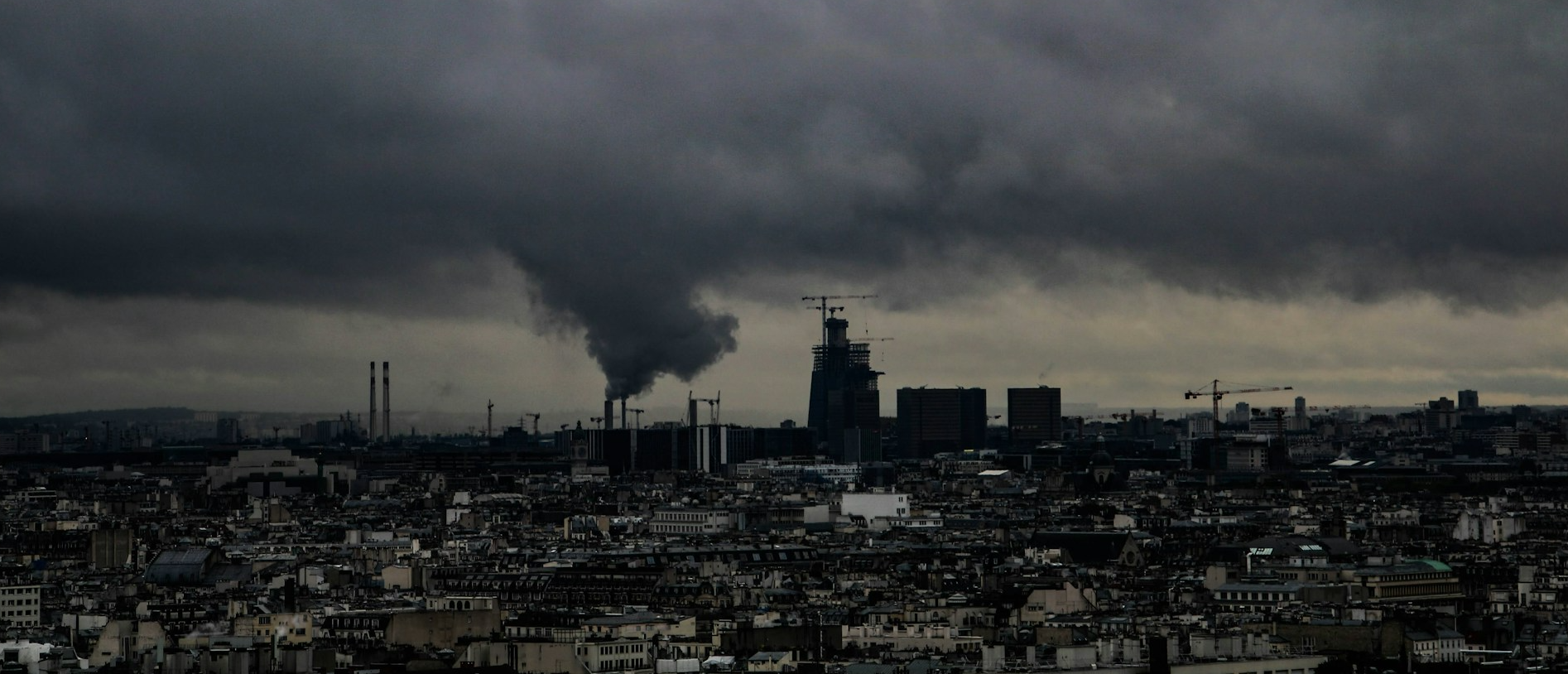Rethinking Climate Cooperation
Discussions about the impact’s climate change has brought about in the past decade is aplenty. It has increased both in intensity and occurrences. And rising global emissions has a lot to do with it.
Carbon emissions have risen significantly due to increased human activities since the Industrial Revolution. Greenhouse gases (GHGs) such as carbon dioxide, nitrous oxide and methane are now more abundant in the earth’s atmosphere than in the last 800,000 years.
These heat-trapping GHGs have now raised the global average temperature to 1.55°C – significantly above the temperatures observed during 1850-1900. “Climate history is playing out before our eyes. We’ve had not just one or two record-breaking years, but a full ten-year series. This has been accompanied by devastating and extreme weather, rising sea levels and melting ice, all powered by record-breaking greenhouse gas levels due to human activities,” said World Meteorological Organization Secretary-General, Celeste Saulo.
Efforts to control the spiraling change in climate has already been set in motion. The United Nations formed the United Nations Framework Convention on Climate Change (UNFCCC) in 1994 to prevent dangerous human interference with the climate system. Its members now number 198 countries. The UNFCCC also helped setup the Kyoto Protocol, which is adopted by 192 of its members, binding them to reduce their GHG emissions by at least 18% below 1990 levels.
Furthermore, the Paris Agreement was also formed in 2015, which entered into force in 2016. It legally binds the 196 countries party to it to pursue efforts to limit global warming to 1.5°C by the end of this century. A landmark agreement, it follows a five-year cycle in which countries submit their climate action plans, called as Nationally Determined Contributions (NDCs). These contributions are then tracked for their progress and fed into the global stocktake to advise countries to set more ambitious plans in the next round.
Found Lacking
But climate actions are found lacking, both in terms of their commitments and work done on the ground. The first global stocktake done in 2023, revealed that the collective outcome of NDCs committed were insufficient to realize the Paris Agreement targets. Countries were asked to submit revised NDCs that were aligned with the Paris Agreement goals.
The deadline set to submit the revised NDCs has been already crossed with only 13 of the 195 countries submitting their revised NDCs. “It’s shocking that only 13 out of 195 countries have updated their NDCs, with the majority of rich nations not submitting on deadline, exposing the alarming lack of political will for ambition under the Paris Agreement. We recognize that developing countries would need robust, grants-based public funding to deliver real additional climate ambition. Bold targets alone won’t cut it; NDCs must be backed by the resources needed to make them a reality. For COP30 to be a true turning point in climate action, this new round of NDCs must restore confidence and drive a transformative and just transition – one that leaves no one behind,” said Tasneem Essop, Executive Director of Climate Action Network International.
Furthermore, an analysis of the climate pledges made by eight of the largest oil & gas companies globally reveals that none have any plans to halt or stop fossil fuel exploration. Moreover, if they continue to go about their fossil fuel exploration plans, it can lead to an increase of more than 2.4°C in global temperature.
Collective Action Needed
Where on one hand we have failed attempts to address the climate issue, there are other examples of innovative collaboration to address the growing threats of climate change. Australia is providing climate finance to nations in the Pacific and Southeast Asia, through bilateral and regional programs, blended finance instruments, and contributions to multilateral development banks’ climate programming and multilateral climate funds like the Global Environment Facility and the Green Climate Fund.
Transitioning to a greener alternative when it comes to our energy needs will also be crucial. Many countries have already deployed renewables and are investing in battery and carbon capture and usage technologies.
“The energy transition is moving quicker than many people think, but it needs to move faster still. Our analysis shows that while some sectors are seeing stronger international collaboration, others are falling behind,” said International Energy Agency Executive Director, Fatih Birol. “No country can tackle the climate and energy challenges we face in isolation. Working together is the only way we can deliver a smooth transition for everyone. Building on innovation, attracting investment and scaling up demand for new technologies are the fundamental building blocks for success. By delaying further, we are simply increasing the risks.”
And continuous dialogues between nations will help in exchanging knowledge and technology, while these partnerships can serve as a valuable platform for regional and national initiatives. As an international think tank, Horasis is playing its role to further collaboration around climate action, by organizing the 10th Horasis Global Meeting, scheduled to take place in São Paulo, Brazil, between 7 to 10 October 2025. The meeting will draw upon inspiration and recommendation to develop cooperative and collaborative frameworks to overcome the myriad challenges we face today.
Photo Caption: Climate actions are found lacking, both in terms of their commitments and work done on the ground.



